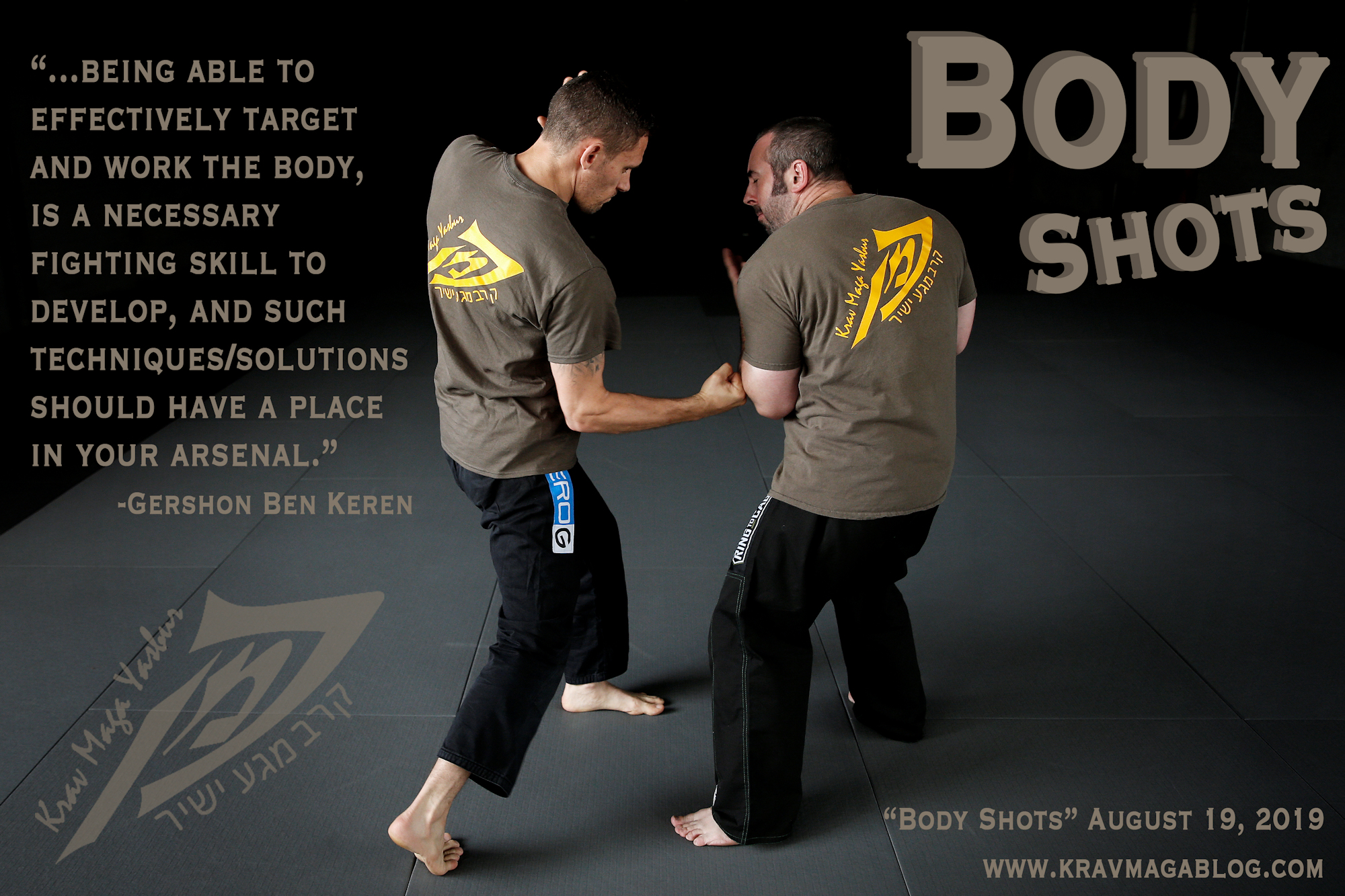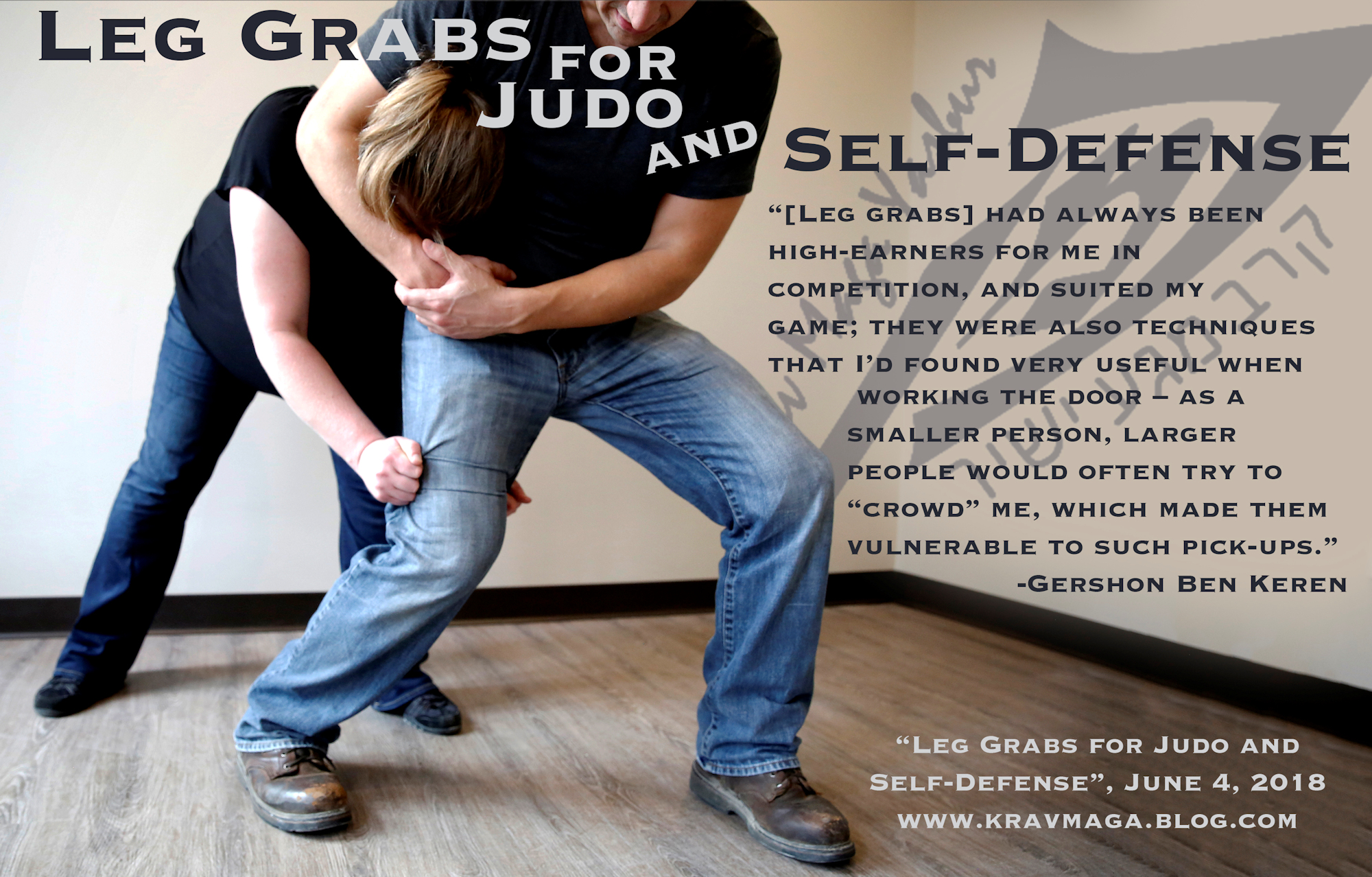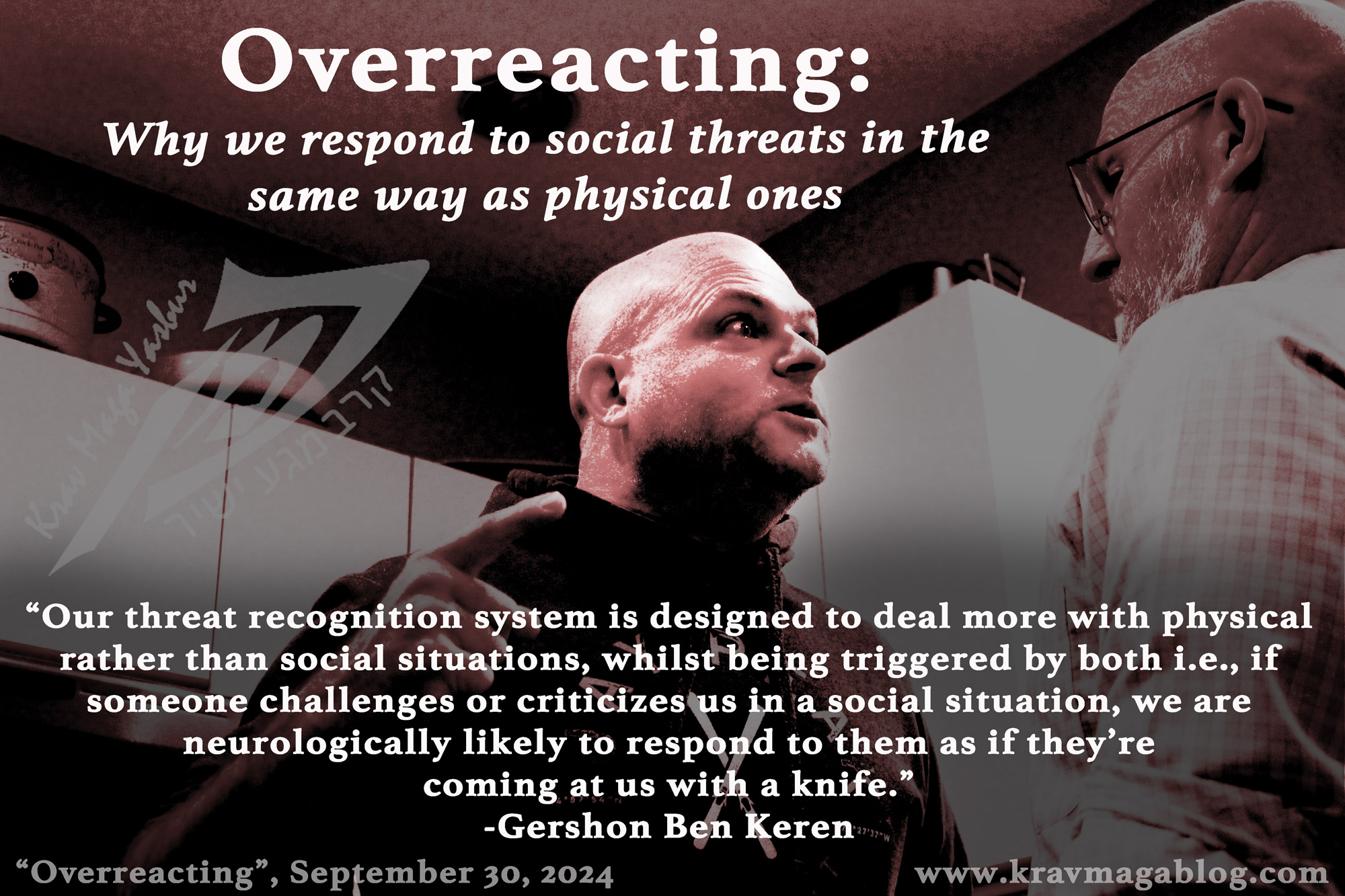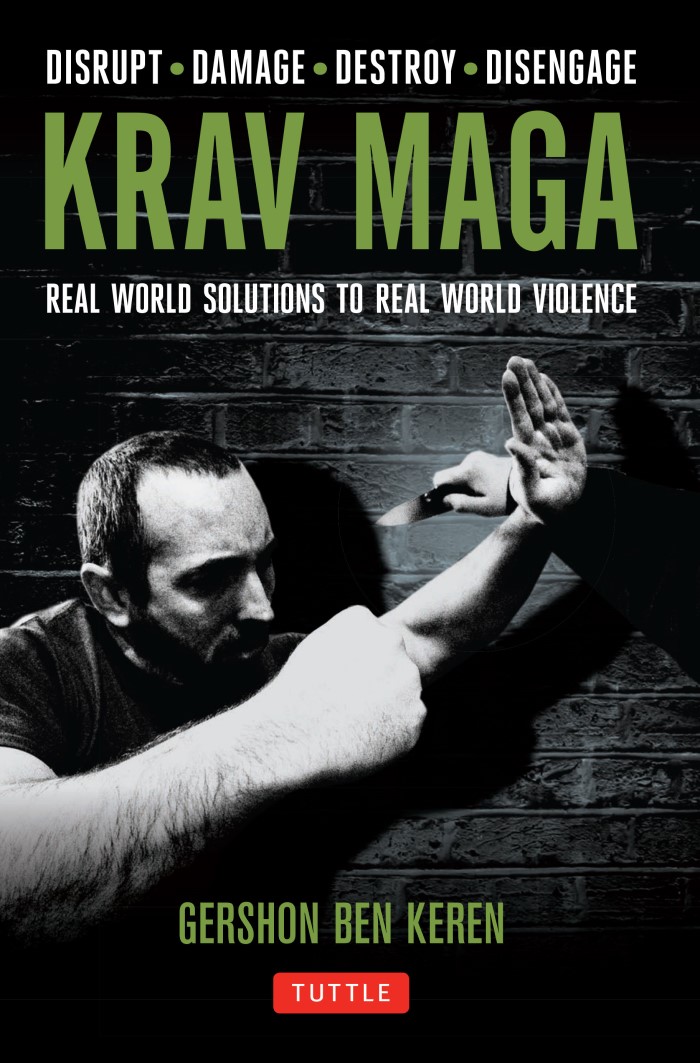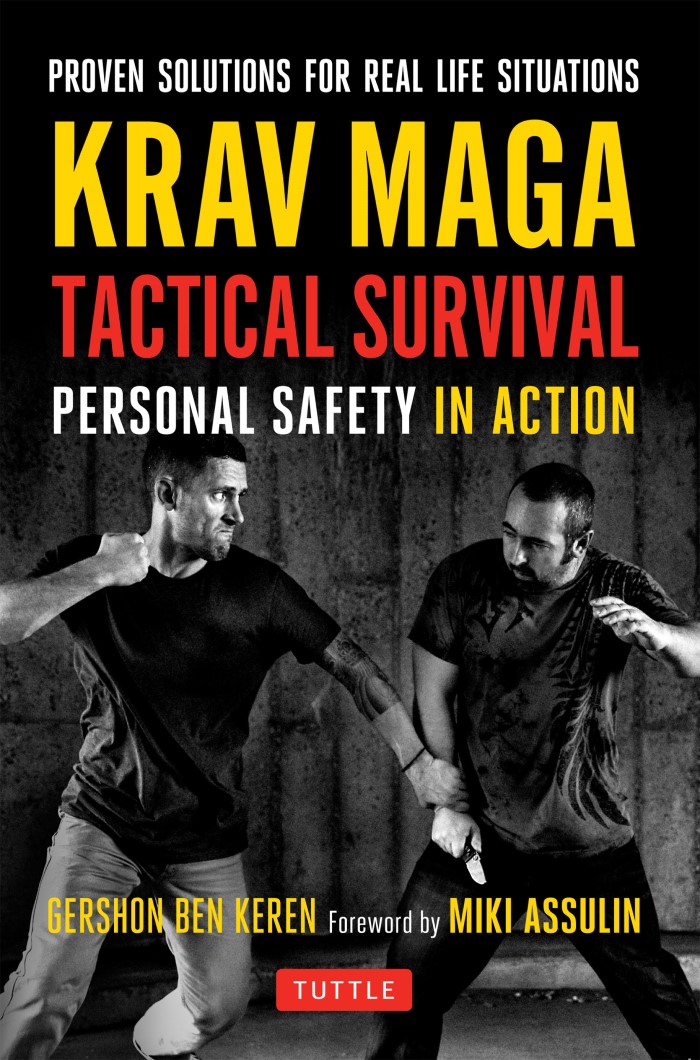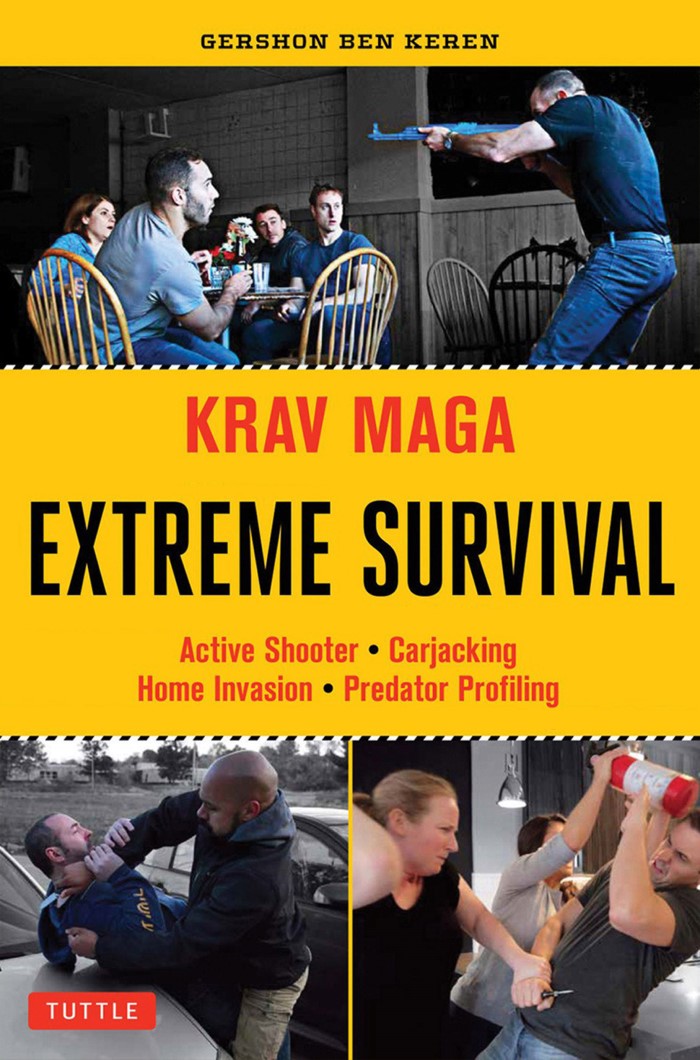Security Overseas - Part 2, is an article written by Gershon Ben Keren, a 5th Degree Black Belt in Krav Maga, who teaches Krav Maga in Boston, MA. He has also authored three Amazon best-Selling Books on Krav Maga.
This post follows the last and is looking at personal security when travelling abroad – both posts stem from a question a student at my school asked, concerning altenrative self-defense products to CS Spray that could be carried legally by a female friend who was travelling in Europe (in many European countries CS Spray is illegal).
Rather than concentrate on alternative weapons to CS Spray, I’m choosing to look at the direct security measures that a person traveling can take to avoid them having to deal with a physical conflict in the first place. As a side note to this, I want to talk briefly about the way “defensive weapons” are viewed from a legal perspective in certain European countries.
In the UK most of the definitions concerning what constitutes an offensive weapon comes from the intent of the person carrying it e.g. if I am carrying a golf club, garden spade or the like with the intent of using them as a weapon either for offensive or defensive purposes then these items will be classified as offensive weapons. There are also more explicit laws concerning folding knives whose blade’s lock etc. But it is worth noting that anything can be potentially categorized as an offensive weapon based upon the intent of the person carrying it. Not being a legal mind, I would also speculate, that if you are involved in a violent incident in the US and you are carrying a weapon that is effectively legal, your intent in carrying and using it would be called into question by any prosecuting attorney. I say this because people often put forward arguments for carrying canes, walking sticks and Kubotan Key Chains (a short stick based on the Japanese Yawara that was popular in the 1980’s) as being “legally” eligible as weapons. The fact that a Kubotan key chain serves no other purpose than as a weapon makes it illegal in the UK and in other countries such as in the US it may cause a prosecutor to raise the question as to why a person was carrying it – often by making a substitution, like a Maglite torch, these arguments and questions become moot; especially when travelling it can be argued that a person could be staying in a hotel, boarding house etc where there were shared bathrooms and it would be needed as an aid at night.
But I digress. The purpose of this post is to primarily talk about certain measures that can be taken when travelling. One of the main areas of concern I always had when travelling was how to secure my hotel room once in it. The fact that hotel rooms accessed by old fashioned keys always meant that there would be duplicates around, allowing people to access my room. From a female perspective this could be at night with the purpose of a predatory individual attempting to commit a rape/sexual assault.
It should always be remembered that any criminal’s greatest fear (apart from terrorists) is getting caught. Simply making yourself a hard target is often enough to direct a predator’s attention elsewhere. Often all that is needed to deter someone with harmful intent is to put an unexpected obstacle in a person’s way. Carrying a doorstop in your luggage, and placing it under your hotel door room at night may be all that it takes to slow down and deter a would-be predator. Certain companies make security doorstops which are fitted with a motion activated alarm. There is a link below, which illustrates one of these products (this shouldn’t be taken as my endorsement of this particular brand – read the reviews of different makes/models of this type of device and make your own selection).
Another useful device that can be fitted into a handbag/purse is this temporary lock called an AddaLock. It works on most doors and is pretty effective; I’ve used this product before. It may be used in bathrooms which don’t have a lock, both in people’s homes and in hotel or restaurant rooms etc. It could also be used in a situation where you need to improvise a “safe room” in somebody else’s house whilst you call the police. This is another simple security measure: making sure your mobile phone works in the country you are in and that you know the number for the police or guarda etc. Don’t assume it’s 911 everywhere.
The temporary locks details can be seen by clicking on the link below:
In the next post I’ll look at measures such as securing travel documents etc. See everyone on the mats tomorrow.
